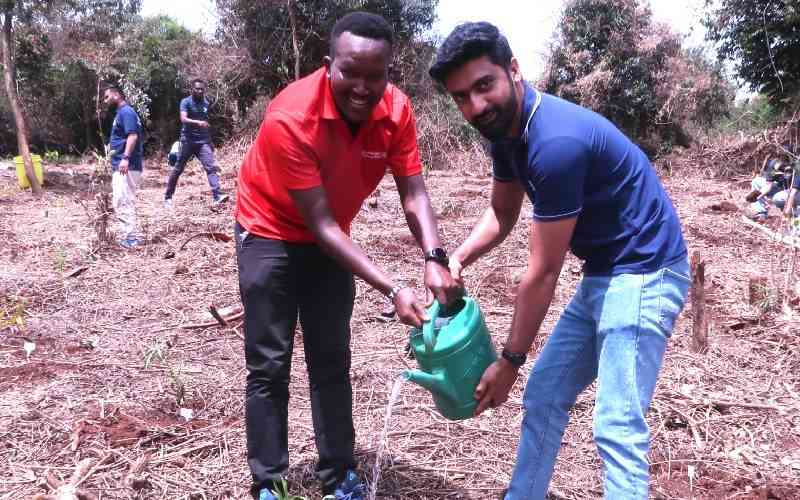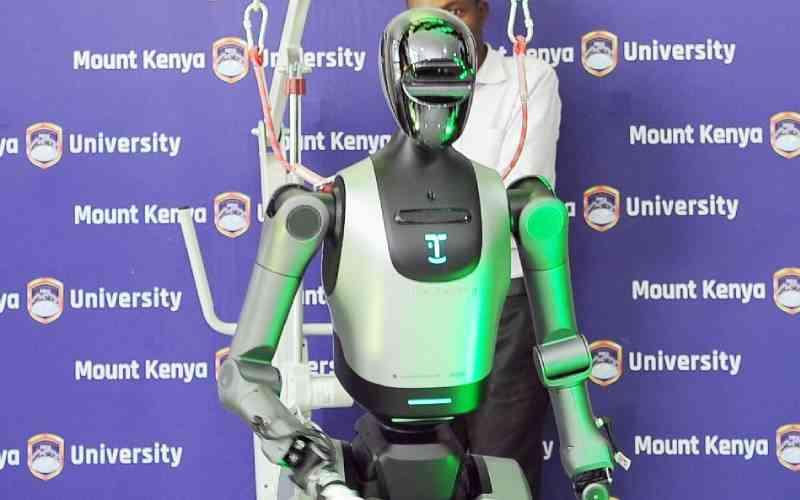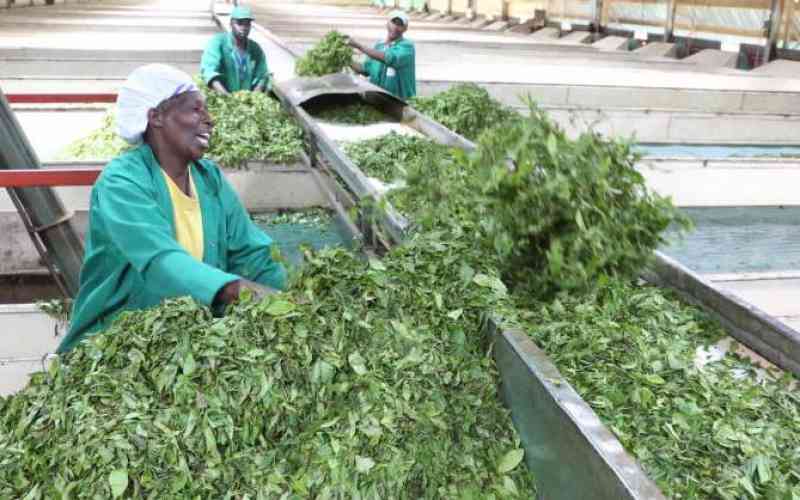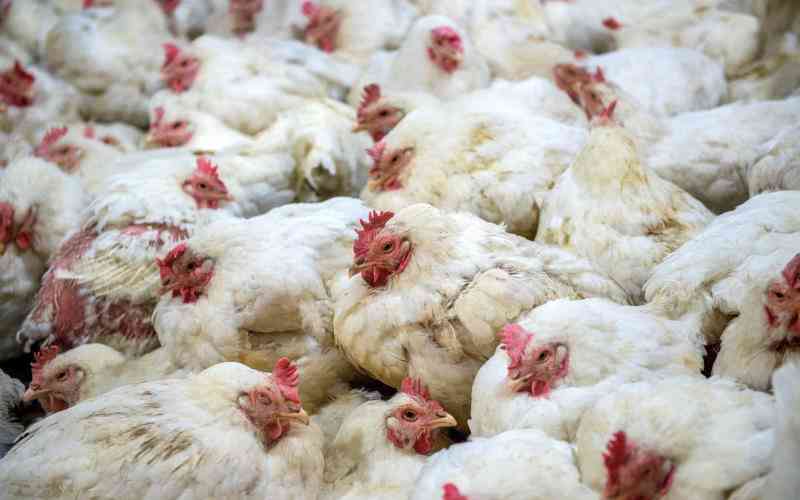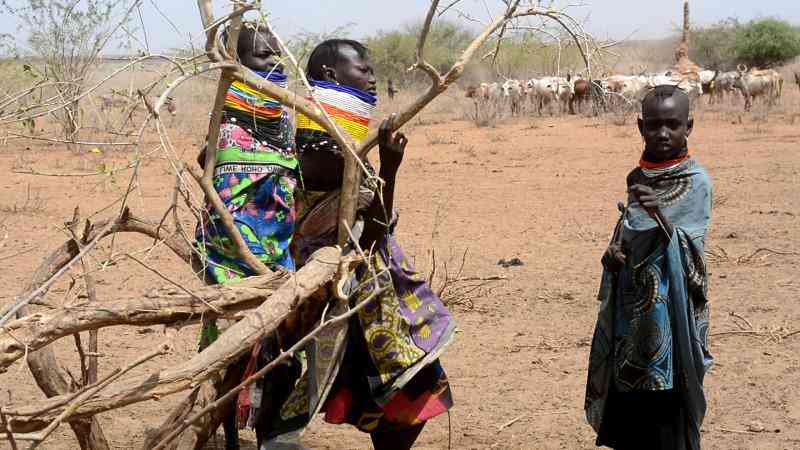
One number caught my attention this week. Not because I am a statistician, I am not, but because for the past 30 years, I have read Kenya’s data the way I once read exam papers, with care, curiosity, and a constant hope that we are making progress.
The picture is clear. Kenya has a Sh16.2 trillion economy growing at about five per cent, yet more than 16 million people cannot afford a basic meal. In a nation known for resilience and enterprise, this is not just an economic issue; it is a moral one.
Our official statistics show that about four in ten Kenyans live below the national poverty line, nearly one in three is food insecure, and about one in 14 lives in extreme poverty, unable to afford even the minimum food basket.
These figures are not foreign; they are Kenyan realities gathered by Kenyan professionals, funded by Kenyans, and reflecting the daily lives of our people.
Look more closely, and a harsh truth becomes clear: your chances in life still largely depend on where you are born. In some urban counties, poverty rates are below 20 per cent, while in several arid counties, they exceed 80 per cent.
A child born in Turkana or West Pokot faces a much higher risk of hunger than one born in Nairobi or Kiambu. We are one Republic, yet we live in different realities.
Our digital story tells the same truth. Kenya is praised as the Silicon Savannah, yet the latest ICT data shows that while most households have a phone, only about half of individual Kenyans own one, and only a third use the internet.
In some counties, fewer than one in ten people are online. In an age of artificial intelligence and digital services, millions remain excluded, not by choice but by circumstance.
Inequality increases the burden, with a small group earning most of the income while millions struggle. On paper, Kenya appears to be making progress, but in reality, too many Kenyans are left behind.
It's no coincidence that Kenya recently hosted a major two-day National Statistics Conference in Nairobi, bringing together KNBS, the State Department for Economic Planning, partners, and experts. Behind the technical discussions was a clear message: we must confront our national truths with honesty, innovation and courage.
I was keen to know and learned that the statisticians advocated for modern methods, increased use of artificial intelligence and more detailed grassroots data. They stressed that statistics are a public good that guide fair resource allocation, strengthen devolution, support transparent budgeting and help us determine whether our decisions truly improve lives.
I want to thank the men and women of KNBS and the broader data community. You have counted us, mapped our challenges, and shown us who we are. Your work only makes a difference when leaders choose to act on what the data reveals.
So, what must we do differently as the world gets ready to gather in Nairobi for the 2026 Global Data Festival?
First, we must transfer data from desktops to communities. Statistics should be discussed in barazas, schools, churches, mosques, and county assemblies. A community that never sees its numbers cannot demand better.
Second, every major policy should include a clear data clause. Before approving a subsidy, levy, water project, or major road, we must show the baseline numbers, expected results, and timeline for review. If a policy cannot be measured, it cannot be justified.
Stay informed. Subscribe to our newsletter
Third, we need to make data accessible to everyday people. Since most households have a phone but only a third of individuals are online, open data should be available through USSD codes, SMS, community radio, and simple messaging platforms. An informed citizen is an empowered citizen.
For over 30 years, data has guided my work, revealing one truth: when we ignore what the numbers show, the poorest people suffer the most. However, if we act on them now, this moment can become Kenya’s turning point.
Think Green, Act Green.

